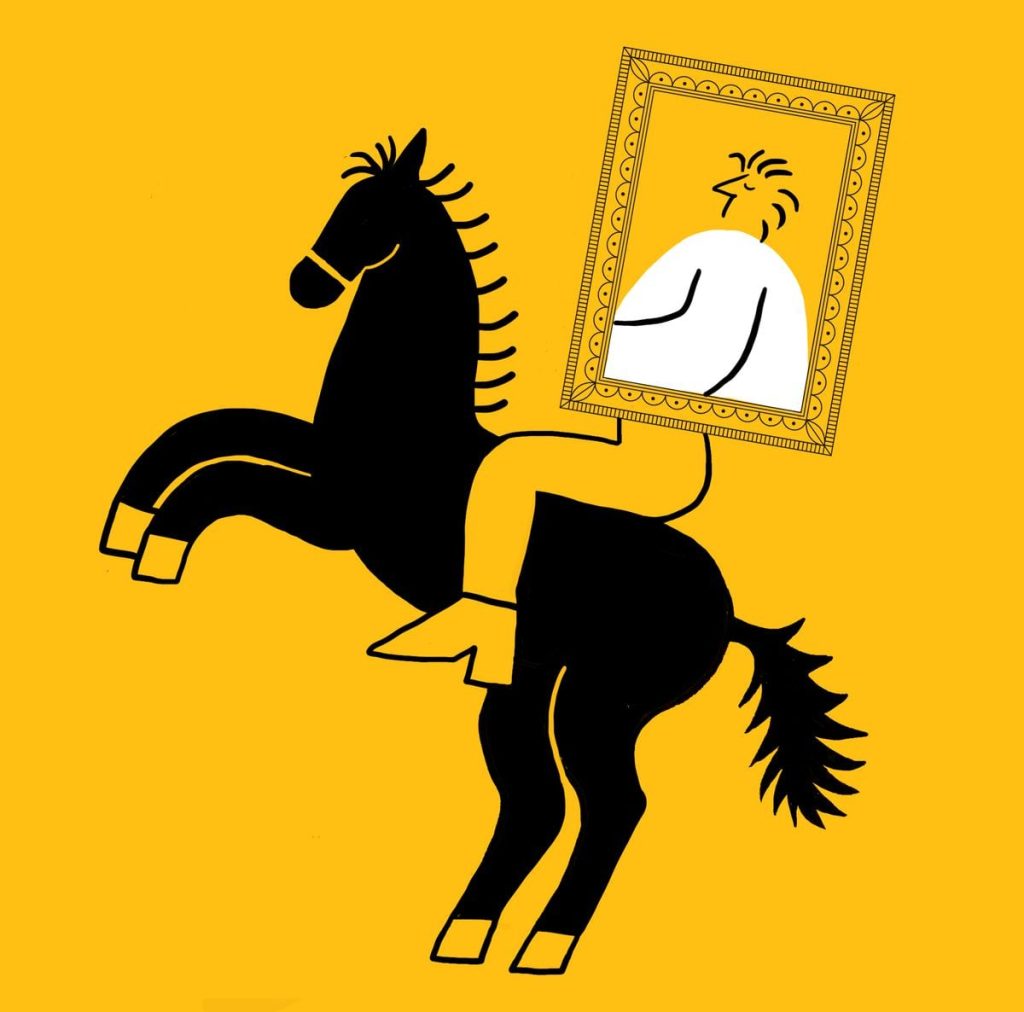The debate about the past and memory – which are not the same thing – or about history and historical memory – which are also very different things – has resurfaced recently in Spain. The tensions between citizens regarding these issues have always been present, with politicians trying to appropriate the past. The current focus is on the attacks by right-wing parties in certain communities against the Law of Democratic Memory. The interest in controlling our common past, what we call history, seems to have changed in nature, sometimes daring to make moves that seem outdated to those who remember. The famous quote from Orwell’s 1984 comes to mind: “Who controls the past, controls the future. Who controls the present, controls the past.” Orwell understood the power of controlling the past, as did the authorities of his fictional dictatorship.
The power of political power is the ability to impose a version of history on a society. Totalitarian regimes in the 20th century understood this concept well. What has changed in recent times is the ease with which this manipulation can be done, especially with the rise of technology. In the age of artificial intelligence, it is easier to manipulate images, spread false information, and influence public opinion. Society is entering a dangerous era where minimal technological knowledge can alter historical records with far-reaching political consequences. The concerns about the misuse of technology, especially artificial intelligence, are growing, as regulations to control its potential misuse are lacking.
The current debate is not about visual manipulation or artificial intelligence, but about the control of narratives. Questions arise about how history is recounted, who narrates it, and how to defend against the biased narratives imposed by political forces. At the heart of these questions lies a simple yet profound inquiry: why is the past so vulnerable? The vulnerability of the past exists because it only exists in our imaginations; it is not a physical place we can visit to witness historical events. The past is a mental construct shaped by images and beliefs that can be manipulated by political agendas.
Politicians have always sought to manipulate historical narratives to serve their interests by controlling public perception of the past. The past is constantly in flux, influenced by political winds and cultural trends. The recent rise of populism worldwide has capitalized on promising a better past to garner support, appealing to people’s desire for comfort, guilt-free memories, and a sense of nostalgia. It is a mistake to accept these idealized versions of the past, and an even bigger mistake to allow politicians to dictate what version of history is promoted. It is akin to accepting a doctored photo – the truth is distorted for their benefit.
Juan Gabriel Vásquez, a writer, reflects on the manipulation of historical narratives by politicians and the vulnerability of the past to political agendas. The ability to control the past is a powerful tool of political power, with far-reaching consequences. The current challenges lie not just in technological advancements that facilitate manipulation but in the ethical responsibility to safeguard the truth of history from distortion for political gain. The ongoing debates about memory and historical narratives highlight the need for critical thinking and vigilance in preserving the integrity of historical records.


